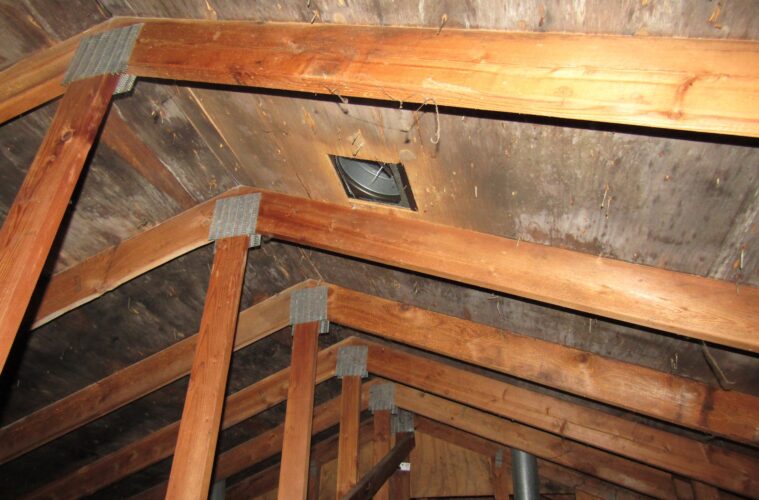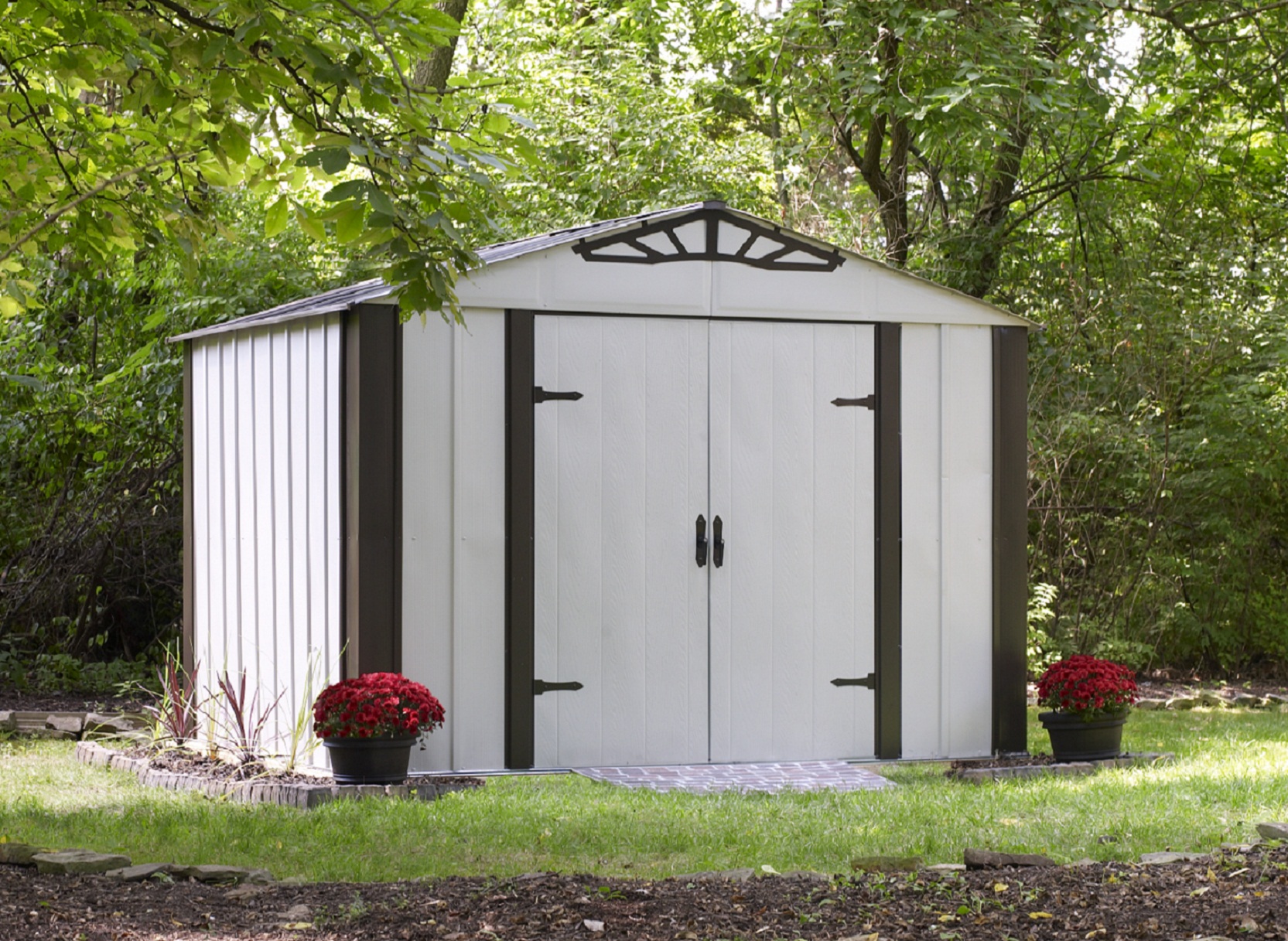The idea behind mold is simple enough – it’s a type of fungi that grows in moist environments. But the science behind mold is much more complex than that. Here’s a look at the science behind mold and how it can impact your health. Mold is a type of fungi that thrives in moist environments. Mold spores are found in both indoor and outdoor spaces, and they can enter your home through open doors, windows, or vents. Once inside, mold spores will start to grow if they find a suitable environment. Mold needs three things to grow: moisture, food, and warmth. Moisture can come from many sources, including leaky pipes, flooding, or high humidity. Food for mold can be organic – paper, wood, carpet, clothing, and dust.
And finally, mold needs warmth to grow. The ideal temperature for mold growth is between 77 and 86 degrees Fahrenheit. If you have mold in your home, it’s important to take action to remove it. Mold can cause various health problems, including respiratory issues, skin irritation, and allergic reactions. In some cases, mold exposure can lead to serious illnesses like cancer. If you think you might have mold in your home, contact a professional for help with removal.
How does mold cause problems?
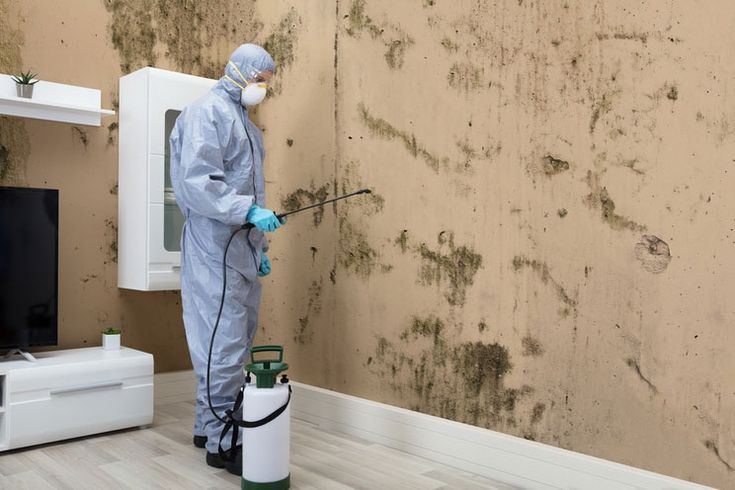
source: pinterest.com
Mold can cause various problems, both for your home and your health. Mold can cause structural damage to your home by breaking down organic materials like wood and drywall. In addition, mold can also lead to health problems for you and your family. Some people are allergic to mold, which can cause respiratory problems, skin irritation, and sneezing. Others may develop more serious illnesses like cancer or pulmonary disease after mold exposure. If you think you might have mold in your home, it’s important to contact a professional for help with removal.
Geographical factors that affect mold overgrowth:
Mold loves warm, moist environments – which is why it’s often found in tropical climates. However, mold can grow in any climate if the conditions are right. For example, mold often grows in homes that have leaks or flooding. Mold can also be found in office buildings or other commercial spaces that have high humidity levels. If you live in an area with a lot of rain or snow, you might also be at risk for mold growth. To prevent mold from growing in your home, it’s important to keep your space clean and dry. You should also fix any leaks or flooding as soon as possible.
Health effects of mold:
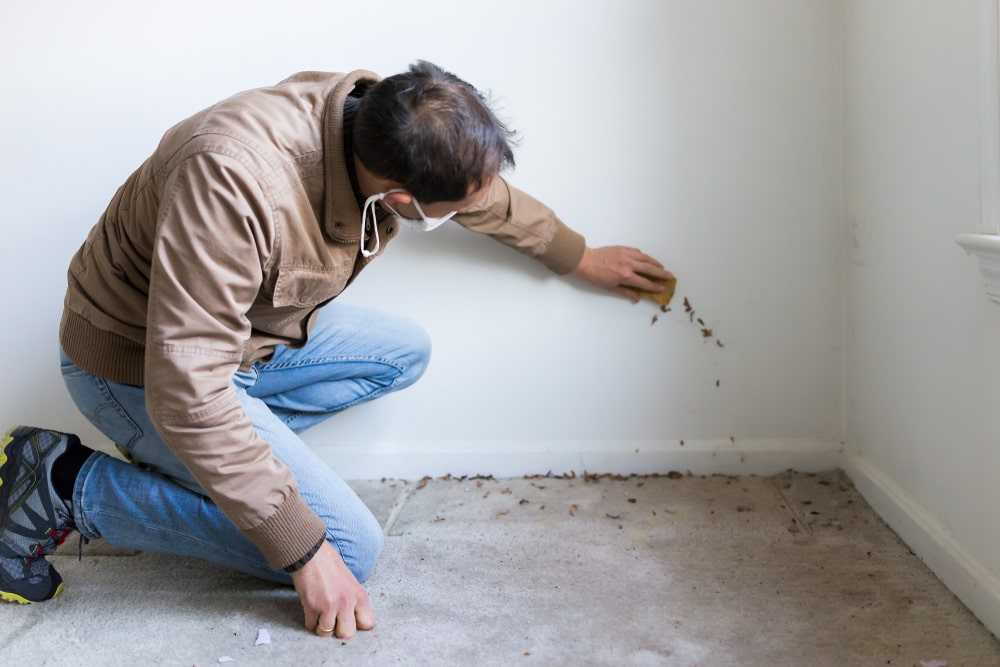
source: pinterest.com
Mold can cause various health problems, both for your home and your health. Mold can cause structural damage to your home by breaking down organic materials like wood and drywall. In addition, mold can also lead to health problems for you and your family. Some people are allergic to mold, which can cause respiratory problems, skin irritation, and sneezing. Others may develop more serious illnesses like cancer or pulmonary disease after mold exposure. If you think you might have mold in your home, it’s important to contact a professional for help with removal.
How do I know if I have a mold problem?
There are a few signs that you might have a mold problem in your home. If you see visible mold, that’s a sure sign that you have an issue. You might also notice musty odors or see mold spores in the air. If you’re experiencing health problems like respiratory issues, skin irritation, or allergies, that could also be a sign of mold. If you think you might have a mold problem, contact a professional for help with removal.
What should I do if I find mold in my home?
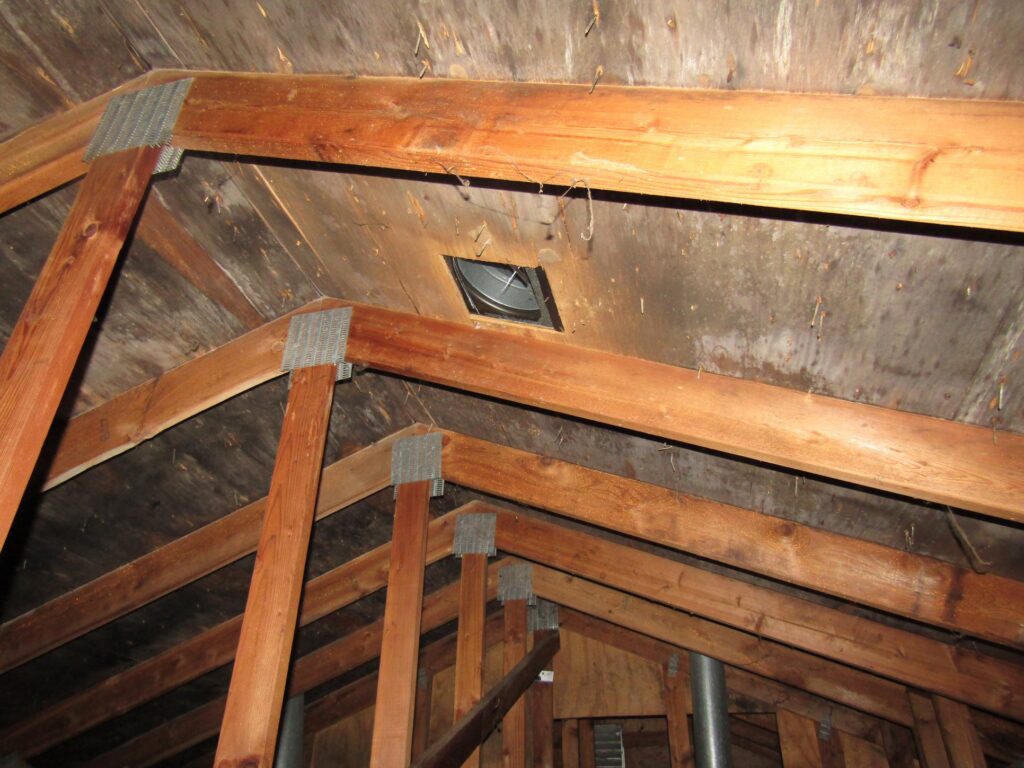
source: pinterest.com
If you find mold in your home, it’s important to take action to remove it. Mold can cause various health problems, including respiratory issues, skin irritation, and allergic reactions. In some cases, mold exposure can lead to serious illnesses like cancer. If you think you might have mold in your home, contact a professional for help with removal.
Mold is a common problem in homes, but it should be taken seriously. Mold can cause health problems and structural damage to your home. If you think you might have mold in your home, contact a professional for help with removal.
Mold is a type of fungus that thrives in warm, moist environments. Mold can cause respiratory problems, skin irritation, and sneezing for some people who are allergic to it. Others may develop more serious illnesses like cancer or pulmonary disease after mold exposure.
When to see a doctor with mold symptoms?
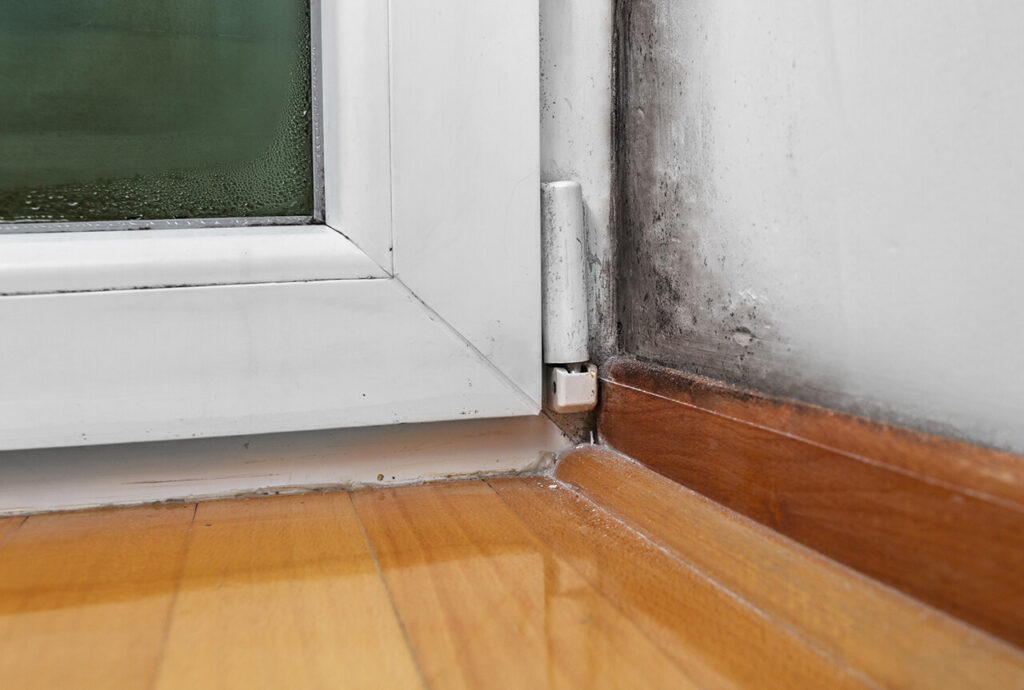
source: pinterest.com
If you experience any of the following health problems, it’s important to see a doctor:
– Respiratory problems
– Skin irritation
– Sneezing
– Allergies
– Cancer
– Pulmonary disease
If you think you might have mold in your home, it’s important to contact a professional for help with removal. Remember, mold can cause serious health problems, so it’s best to take action as soon as possible. Thanks for reading! I hope this article was informative and helpful.

